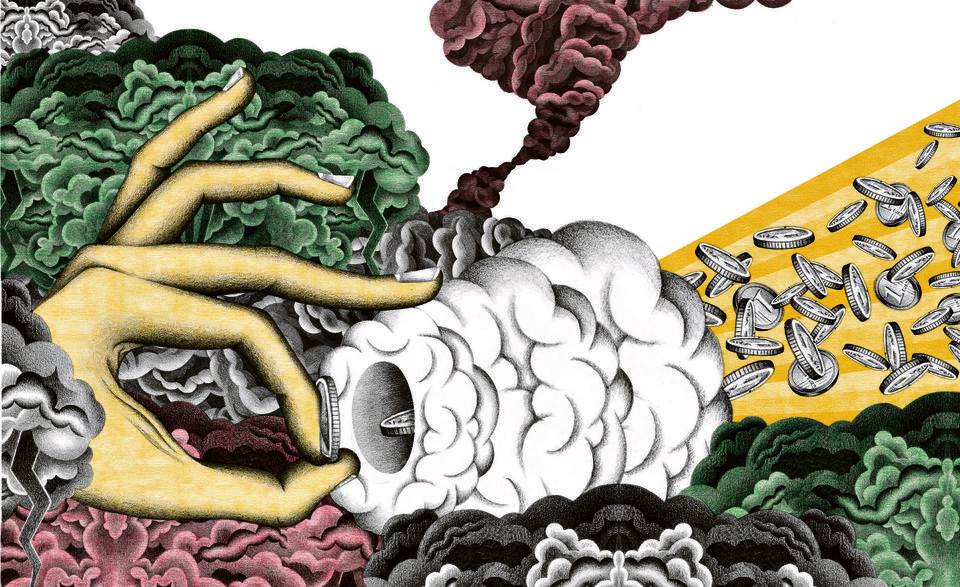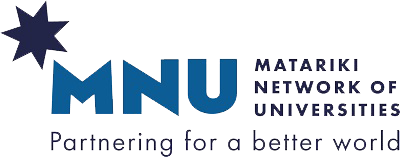25 Years of Staying With The Trouble – Or Why Won’t The Professor Tell Me How To Save The World?
5th September 2017

By Alexis Engström & Susanna Barrineau
Project Assistants at the Active Student Participation (ASP) project, Uppsala University
Did you know that there is no potential for learning without dissonance? That it’s only in times of pedagogical crisis that we can shift our frames of understanding? These are statements more and more commonly expressed by researchers – and while we don’t necessarily (dis)agree we still ask ourselves: What would make anyone believe this to be true? It is, we assume, a very specific form of learning that they are talking about.
Two things: First, there is no consensus on how learning happens or how it happens best. Second, we find ourselves in the mess which we call climate change, and in order to prepare current and future generations to deal with climate change, some educational institutions are working with education for sustainable development, a term that is equally contentious and used to various ends, some for better and others for worse.
CEMUS’s conspicuous usage of ‘sustainable development’ in all of its courses can make one wonder, what is actually different here? Is CEMUS free from institutional constructions of the term that result in nothing except for ‘business as usual’? Hardly. We may never know exactly what all the students, coordinators, professors, researchers, and so on, take with them from CEMUS education and CEMUS is part of a very old, traditional university structure.
Yet, CEMUS invites translation. It invites agency and creates conditions to “re-learn [ways] of teaching and learning” (Wals and Jickling 2002, p.228). In a way, it further invites learners to “re-gain the agency we need to move towards the crisis rather than away from it” (Houwer 2011, p.111). The sometimes abrupt realization that your courses are actually being led by students and not professors of sustainable development is the first clue that, as a place where old traditions may not have such a stronghold, CEMUS education offers opportunities for different translations of sustainable development. The moment the “sage on the stage” disappears and students are invited to plan and lead courses is the moment where the idea that someone is going to tell you what it means to be “sustainable” vanishes and the moment where uncertainty, and where crisis may emerge.
But how can crisis in the classroom possibly be constructive? Houwer argues that, “Crises, when accessed, defamiliarize normative frames of reference and reveal the structural, historical and political roots of the situation…[and] produce a potentially pedagogical cognitive dissonance” (2011, p.112). Students that learn in and through crises do not return to their pre-crisis framings, but instead re-frame and make the world anew. In this process, the learner cannot merely feel the crisis, but must also act and reflect in order for it to be transformative. This involves becoming a subject (as opposed to a passive object) and choosing to ‘stay with the trouble’ (Haraway 2014).
“The urgent task for schools is not to respond to ‘the climate crisis.’ Rather, the task is to learn how to learn with and through any public crisis” (Houwer 2011, p.115). In that sense, the university needs to return to big questions; it must engage in public crises and engage in the translation of what it means to be a learner in this age of climate change. So thank you CEMUS, for your pedagogical crisis and for all your trouble. We hope we can stay with it.
References
Haraway, D. (2014) Lecture: Anthropocene, Capitalocene, Chthulucene: Staying with the Trouble. In Anthropocene: Arts of Living on a Damaged Planet on 05/09/2014. http://opentranscripts.org/transcript/anthropocene-capitalocene-chthulucene/
Houwer, R. (2011) Learning Freedom: The pedagogical potential of crisis. Journal for Activism in Science & Technology Education, 3(1), 109-117.
Wals, A. & Jickling, B. (2002) “Sustainability” in higher education: From doublethink and newspeak to critical thinking and meaningful learning. International Journal of Sustainability in Higher Education, 3(3), 221-232.
